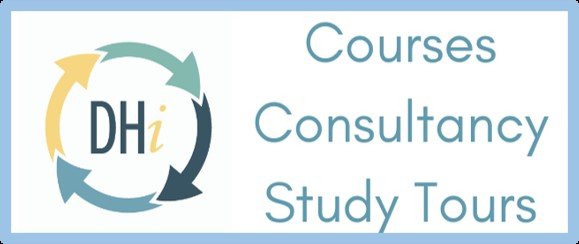Our Approach
A blended approach
The 9 highly experiential units will provide with the skills and knowledge to enable you to influence and drive a quality culture. You will design, plan and implement performance improvement systems and learn how integrate these into your organisation and we will help you with that. The Diploma is a blended course, the units are tutor supported and externally examined. Whilst the learning materials are online, the live workshops are highly participatory and we encourage you to bring your own experiences to the group.
This approach has 4 principal objectives:
To further reinforce knowledge of the content.
To make the intellectual link between course content and its application in the students work environment.
To develop the student’s ability to conduct subject research.
To enable the student to actually make real and tangible improvements to the performance of their host Company
Assessment
There are no sit down examinations. All units are assessed by the submission of a 4500 word Assignment as described above.
Students in each Unit will be given access to all the relevant learning materials but more importantly, a Survey based on that Unit’s content which the student with permission from their Management, can conduct at all levels in their workplace and report on the meaning of the results. This report will be presented to us but it can also be presented to the students employers for the benefit of the organisation.
A blended course with tutor/mentor support and the opportunity every week to discuss points both with the tutors/mentors and fellow students. You will design, plan and implement breakthrough performance improvement systems and learn how integrate these into your organisation. The entire course must be completed within 4 years from the date of submission of the first assignment. There is no constraint on the time to complete a unit but typically it is around 3 months per Unit.,
Students will be provided with a purpose made 'D' binder large enough to contain all units.
Diploma in Quality Leadership Course Units
DHI’s holistic view of quality
Our broad definition of quality encompasses a range of competencies which we have grouped into three archetypes. We define the Quality Professional as a Leader, a Strategist and a Steward.
The Steward
Firstly there are the technical skills: the quality tools and methods and knowing where and when to deploy them. For example, the technician will be able to tie Six Sigma training specifically to strategic goals and can make the connection between quality practices, customer needs and ultimately revenue generation. However, there is the challenge to get beyond the controlling tendencies and become engaged in what is strategically important.
The Strategist
The strategist designs the system, he/she sees quality as both art and science, he/she sees processes as adaptive, building in flexibility based on ever changing marketing conditions. He/she has a strong grasp of compliance and balances profitability and compliance. The challenge for the strategist is managing the perception of ‘quality’ within the boardroom.
The Leader
An agent for change the leader is able to influence the board, motivate employees and organisational culture. If the strategist is responsible for making strategic recommendations, the leader is responsible for leading the change. What the strategist is to the head the leader is the heart. He/she is responsible for motivating and inspiring. What the steward and strategist are to overt processes the leader is to covert ‘under the table’ systems. With strong self and organisation awareness, he/she understands organisational dynamics and overcoming change resistance. The quality leader is responsible for moving quality from the back end of managing production processes to the front end of understanding the customer processes.










